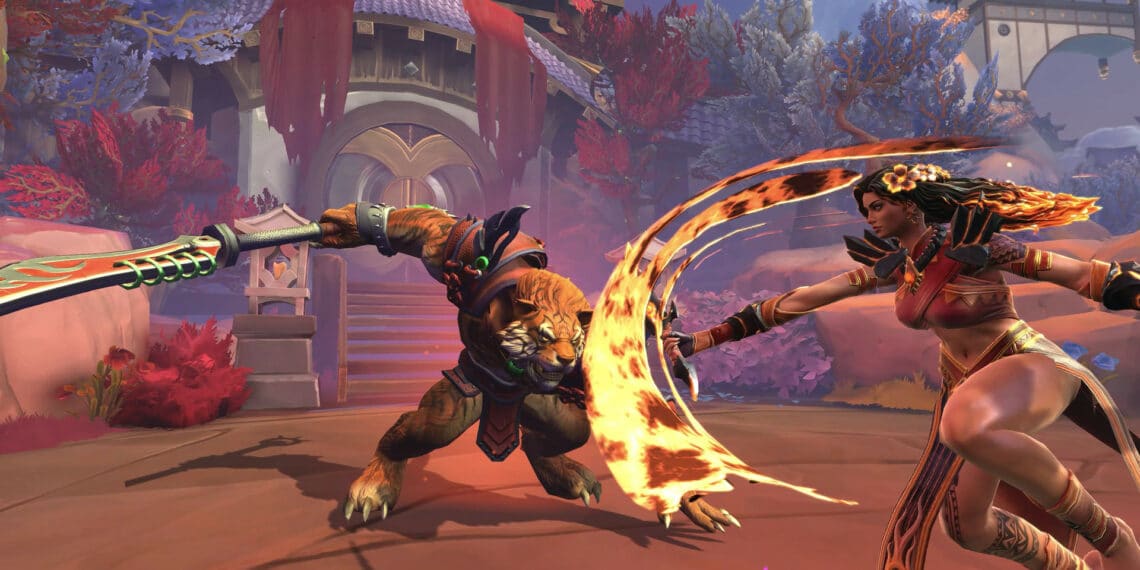In Smite, the stakes are always high, but the conversation takes an undoing turn amidst the excitement attached to team duels and coordinated attacks. In a recent report, users have expressed their nasty side of the game for harassing players through hate speech and sexism, while others condemned these acts.
Summary
- The game community portrays significant levels of toxicity extending from taunts during the game to highly offensive and racist comments.
- There appears to be a distinct neglect from the game’s maker, Hi-Rez, to effectively manage this growing concern among its players.
- Players ensure self-censorship by muting offenders and reported them for hate speech.
Hate Speech in Online Gaming
Words from the player Womz69 summarizes this best as ‘isms’ takes over gaming. In the recent incident in Smite, players were harassed with racist comments without any provoking factor. The wave of toxicity is such that it attempts to ruin their entire gaming experience.”
Inaction of Game Developer
Player, VentusVanitas622, brings a pertinent point – the toxicity isn’t the game but its player base. An apparent lacuna that could have been filled by Hi-Rez remains neglected, triggering a sentiment among its users that the developer is ignoring the issue.
Censorship as a Weapon
In the absence of active measures from the game makers, users have found their own way to tackle toxicity. Swinging the ban hammer on the offenders, players mute toxic users, bringing a sense of self-censorship within the gaming community. It’s certainly not the perfect answer, but it’s the best way players have to bypass the risk of a ruined game experience.
Despite the toxic exchanges during the game, there is an important revelation – the Solidarity among the players. Often, the ones under attack are defended by others, presenting a reflectivity within the community. It’s a common problem, and everybody seems ready to play their part until an official mechanism takes shape.


